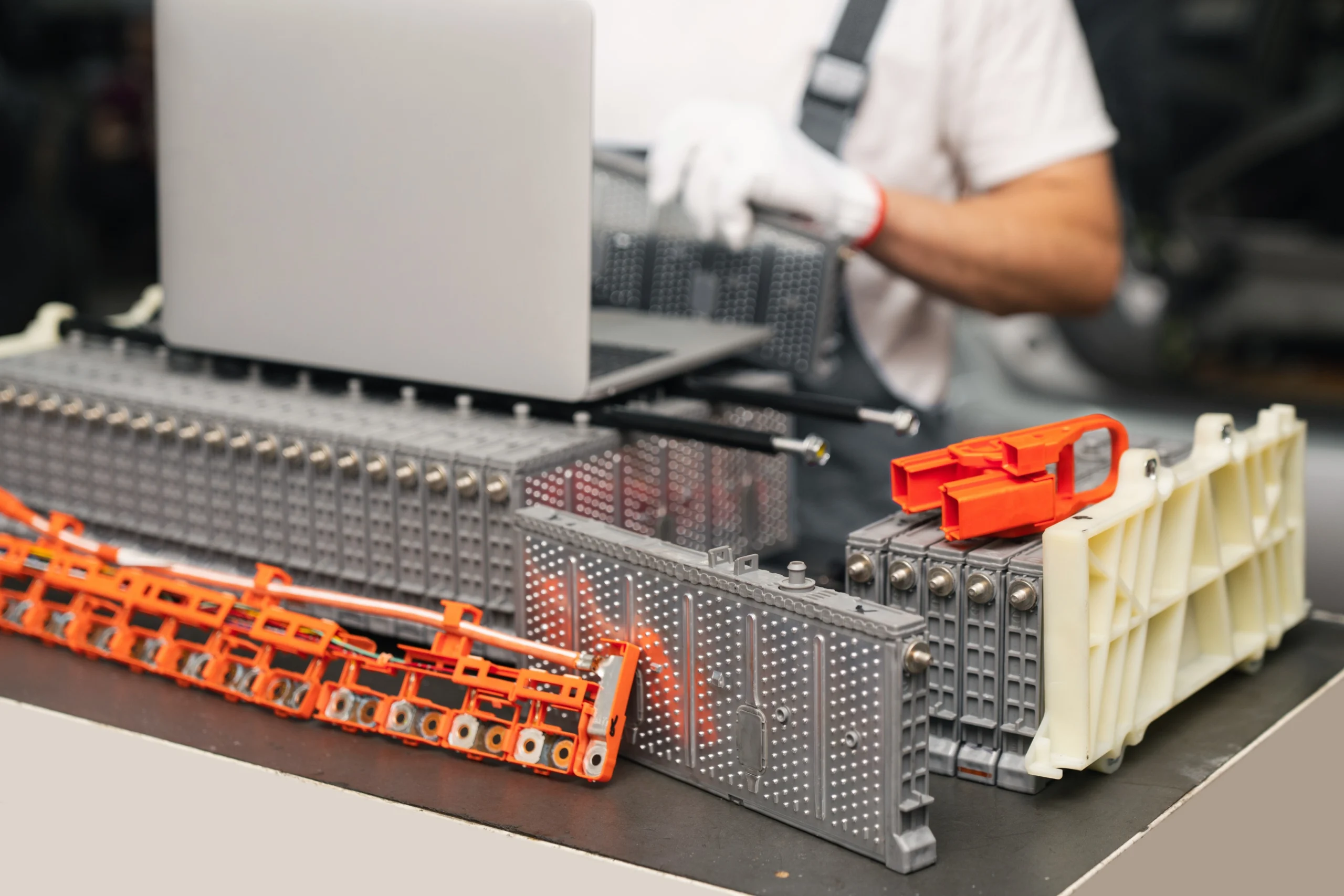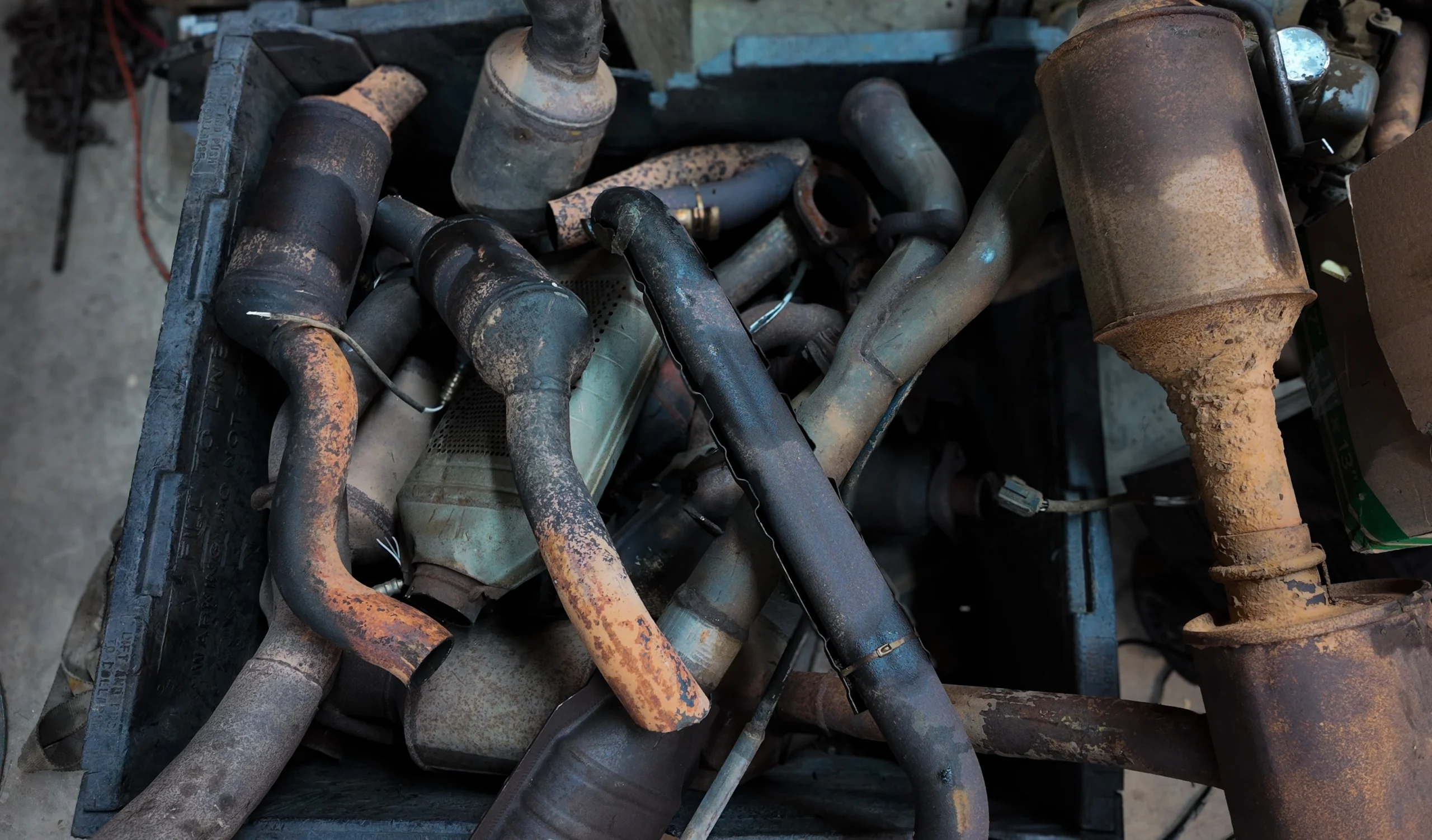Catalytic converters may seem like small components in a vehicle’s exhaust system, but their significance goes far beyond their size. They are designed to reduce harmful emissions while housing valuable precious metals like platinum, palladium, and rhodium. When these devices are discarded instead of responsibly recycled, the economic and environmental consequences are profound. Let’s uncover the hidden costs of neglecting catalytic converter recycling and why it’s a critical practice for individuals, businesses, and the planet.
Economic Costs of Not Recycling Catalytic Converters
-
Loss of Precious Metals
Catalytic converters are rich in materials that are both finite and highly sought after. Platinum, palladium, and rhodium are critical for various industries, and their extraction is costly. Disposing of converters without recycling wastes these valuable resources, increasing the reliance on environmentally harmful mining operations. Recycling directly supports global demand while reducing the strain on natural reserves.
-
Escalating Mining Costs
When discarded converters are not recycled, industries are forced to extract more metals from the earth. Mining operations are becoming increasingly expensive as accessible deposits are depleted. This drives up the cost of products that rely on these metals, impacting industries like automotive and electronics. Responsible catalytic converter recycling offsets these costs by recirculating valuable metals into the supply chain.
-
Missed Financial Opportunities
Discarding catalytic converters without recycling is equivalent to throwing away money. The catalytic converter price and catalytic converter scrap price reflect the inherent value of the metals within. Individuals and businesses that partner with reputable recyclers like Recohub can earn substantial returns while contributing to sustainable practices.
Environmental Costs of Not Recycling Catalytic Converters
-
Destruction of Ecosystems
The mining process required to extract platinum group metals disrupts natural ecosystems, often causing irreversible damage. Water supplies become contaminated, habitats are destroyed, and local biodiversity suffers. Recycling catalytic converters reduces the need for such harmful practices, playing a crucial role in preserving the environment.
-
Growing Landfill Waste
When catalytic converters are improperly discarded, they contribute to landfill overflow. These components are non-biodegradable and can leach toxic substances into surrounding soil and water. Recycling prevents this waste from accumulating, ensuring these materials remain part of a circular economy rather than becoming pollutants.
-
Increased Carbon Emissions
Mining and refining raw materials release large amounts of greenhouse gases. Choosing to recycle catalytic converters significantly reduces these emissions by cutting down on the need for raw material extraction. Recycling aligns with global efforts to combat climate change, supporting long-term sustainability goals.
Social and Global Impacts
-
Missed Job Creation Opportunities
Recycling industries create numerous jobs, from collection and processing to resale. Neglecting to recycle catalytic converters results in fewer employment opportunities, especially in regions where job creation is urgently needed. By recycling, businesses help stimulate local economies and support a thriving green industry.
-
Inequity in Resource Distribution
Precious metals used in catalytic converters are sourced from limited reserves, often in developing countries. Failure to recycle increases dependency on new mining, exacerbating resource inequality. Recycling ensures these critical materials are shared more equitably across industries and regions.
The Role of Recohub in Sustainable Recycling
Recohub is a trusted catalytic converter recycler, committed to reducing the hidden costs of improper disposal. Offering eco-friendly catalytic converter recycling services, Recohub recovers valuable materials efficiently while supporting environmental preservation. Businesses and individuals partnering with Recohub benefit from competitive catalytic converter scrap prices and a streamlined recycling process that ensures compliance with sustainability standards.
The hidden costs of not recycling catalytic converters extend across economic, environmental, and societal dimensions. Valuable resources are wasted, ecosystems are harmed, and opportunities for profit and growth are missed. By choosing to recycle with reputable partners like Recohub, you not only recover financial value but also support sustainable practices that benefit everyone. Recycling catalytic converters is more than a smart choice—it’s a responsibility that contributes to a cleaner, greener, and more equitable future.







